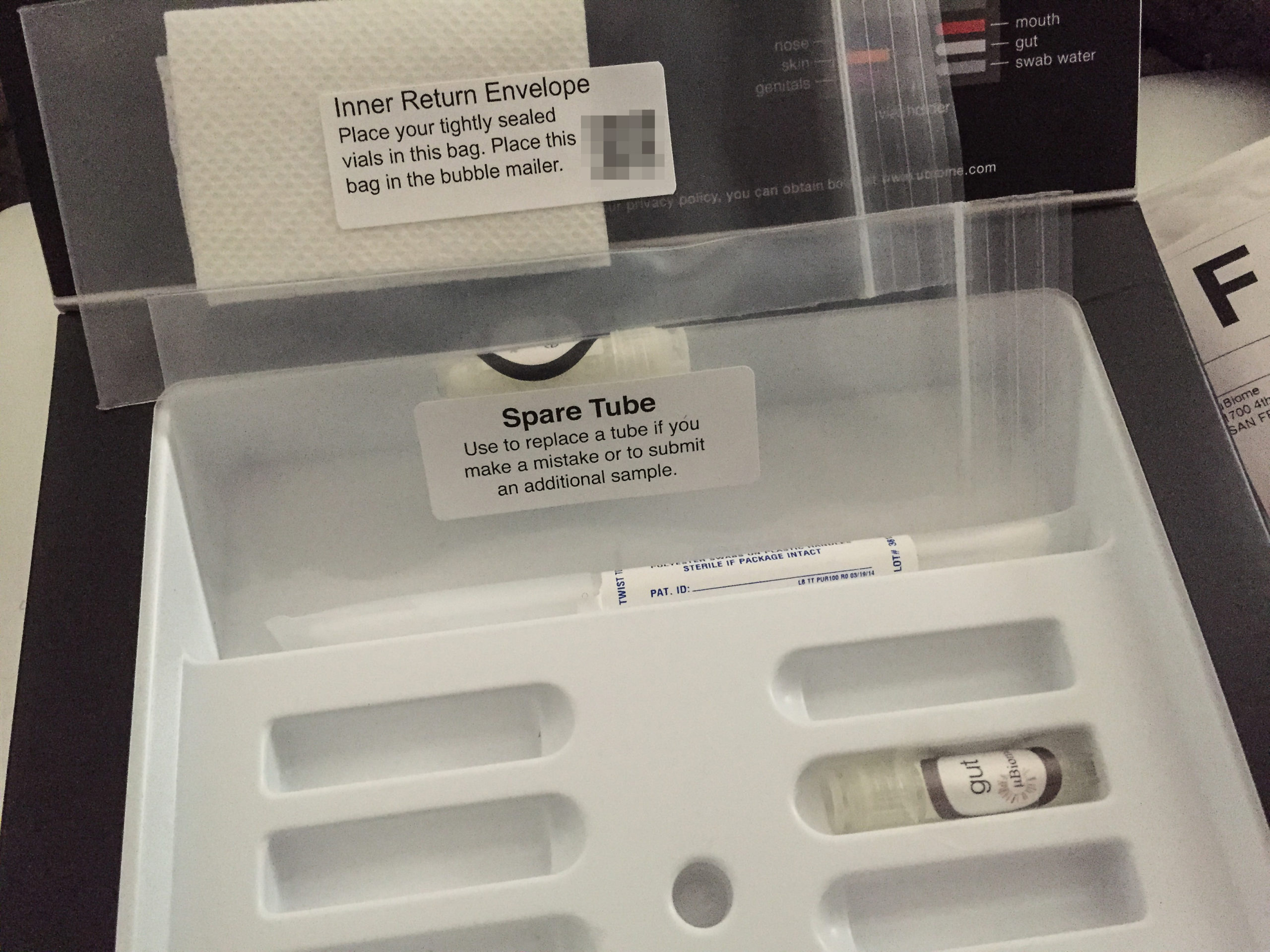The word “bacteria” has a negative connotation for many people. It’s like something that must not be there at any time. But, it started to shift to the positive light with the introduction of probiotics. Humanity reached the years where people know how to test gut bacteria in their own homes.
When we say “gut bacteria”, we must not think of individual units of bacteria living in the gut. We must think of it as a community, the interaction and by-products happening inside the gut. This is called “gut microbiome”.
So, is it only for food digestion?
No, this is not only beneficial for digesting food and energy metabolism. The gut microbiome can also affect the immune system and nervous system activity.
The Good, the Bad and the Ugly
There is a very simple way of viewing gut bacteria – it is by categorizing them into the good and the bad bacteria. If you recall the definition of the microbiome, it is the interaction between the bacteria that is important. It doesn’t mean that you have to do something drastic because you found out that you have one bad bacteria in your gut.
The interaction of the bacteria varies depending on the presence of other bacteria. It also depends on the diet and lifestyle of the individual.
You see, it’s that personal and complex. Classifying a group of microbes as healthy isn’t as simple as people imagine it to be. The result depends on what the person eats, drinks, stress level, and genes. It is so complex that millions of samples are needed for analysis before a predictive index of the microbiome is made.
It doesn’t mean that you can’t go ahead and have your gut tested out of your curiosity. Another good reason to know your gut is if you have an unhealthy and unbalanced gut microbiome. Some signs of this are having an upset stomach, autoimmune conditions or difficulty digesting food. For example, if you often have gas, diarrhea, bloating, nausea and abdominal pain. You may have Chron’s Disease, Ulcerative Colitis or Irritable Bowel Syndrome.
How to Test Gut Bacteria?
It doesn’t have to be an extensive test especially if you’re curious about your microbiome.
A first and light trial will be to test your tolerance to different food. You can go and identify your trigger food and experiment on how to ease your discomfort. Some of the common trigger food are the following:
- dairy
- gluten
- caffeine
- salicylates from plants
- sulfites in the preserved food
- fructose from fruits and vegetables
Think of it as fumbling in the dark.
Test from Your Home
Another test is the use of bacteria test kits. These kits can be used at home or in the clinic. Common brands are Viome and UBiome which you can order online. The fun part about home-based test kits is that you can gather your sample at the comfort of your own home.
Yes, it won’t be awkward.
After sending your sample, they will review and analyze the gut bacteria from your stool. They then provide some dietary recommendations based on the microbiome of the gut. Besides the review by the test kit company, you can also give the result to your physician to interpret it further and provide more suggestions.
Gut Bacteria Snapshot
A word of caution is that there are limitations to the results of these home-based tests. It cannot be used as a diagnostic tool or as a validation for a disease. As mentioned before, the microbiome in an individual’s gut is very complex. It varies depending on a wide variety of factors such as diet, lifestyle, and genes.
Think of it as taking a selfie. You can take your picture one day and as much as you want to replicate it, it’s near impossible.
A slightly different pose…
A slight muscle twitch…
A hair astray….
These might be minor differences but it makes the original image different anyway.
The same goes for the gut. Following a very specific routine and eating the same food daily won’t help and will be harmful to you.
It’s also crazy!
So bear and understand that as science progresses, this field will also improve. Various scientists and physicians are looking into the potential of microbiome-based tests. In the meantime, home-testing kits are useful if you’re curious about how to test gut bacteria. Remember that it is only a snap of your present gut bacteria and can change depending on your diet and lifestyle. For urgent matters, go directly to your doctor. They can help identify your condition using different methods besides the microbiome-basted tests.
[thrive_toggles_group”][thrive_toggles title=”References” no=”1/1″] https://www.webmd.com/digestive-disorders/ss/slideshow-how-gut-health-affects-whole-body https://www.gastro.org/news/a-clinicians-guide-to-microbiome-testing https://www.healthline.com/health/gut-health#the-takeaway https://www.healthline.com/nutrition/common-food-intolerances#section10 https://www.viome.com/gut-bacteria-test-kit https://www.businessinsider.com/microbiome-gut-bacteria-test-forgotten-organ-future-medicine-ubiome-photos-2018-11[/thrive_toggles][/thrive_toggles_group]



